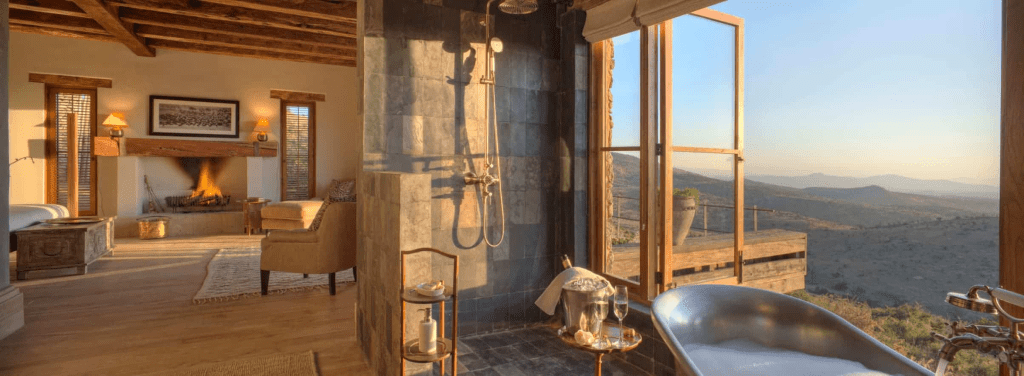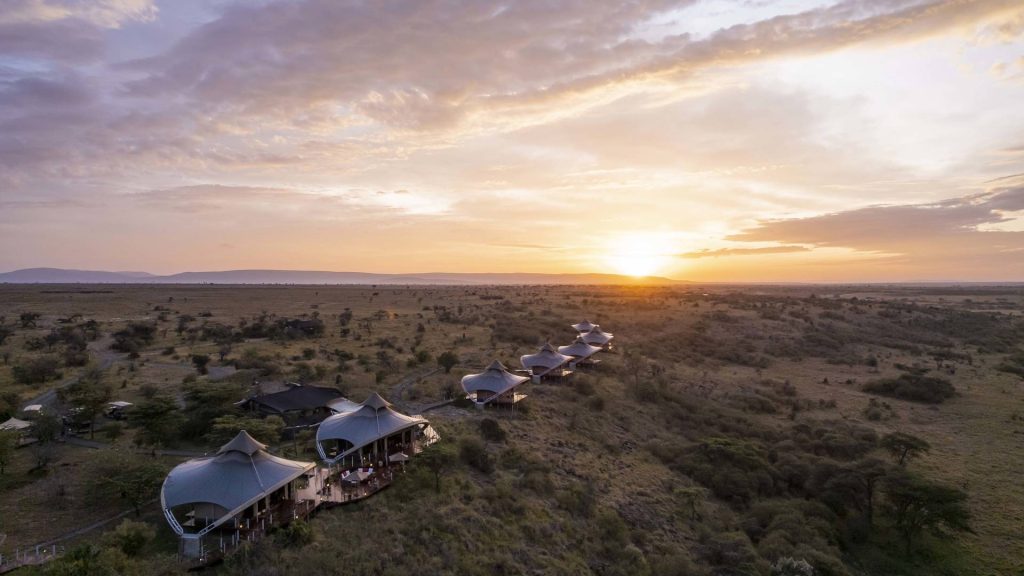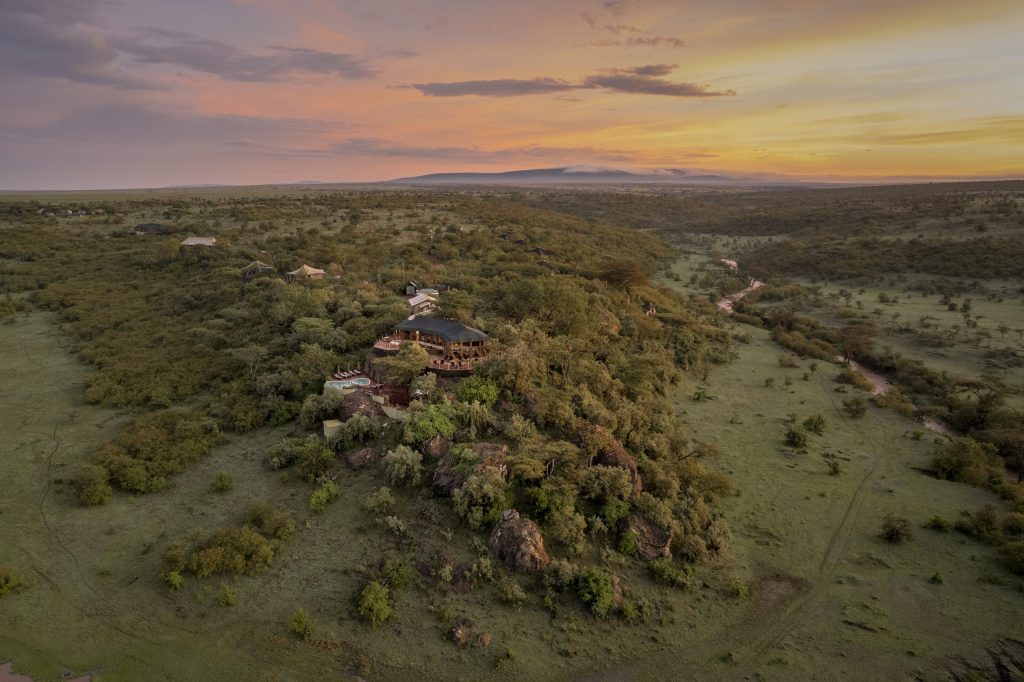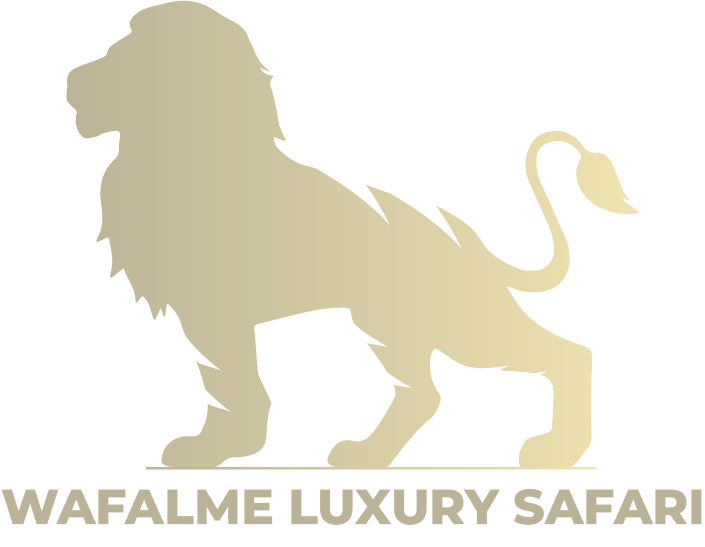For discerning travelers who want their luxury safari to make a meaningful impact, East Africa’s private conservancies offer a revolutionary approach to conservation, one where tourism directly protects wilderness and empowers local communities. At Wafalme Luxury Safaris, we partner with these conservancies to ensure your journey safeguards the very landscapes you’ve come to admire.
Here’s how your stay in a conservancy does far more than fund a vacation—it sustains ecosystems, combats poaching, and transforms local livelihoods.

What Is a Wildlife Conservancy?
A conservancy is privately protected land, often bordering national parks, where:
- Tourism revenue replaces income from farming or livestock (reducing human-wildlife conflict)
- Strict visitor limits ensure low-impact wildlife viewing
- Local communities co-manage the land, receiving direct benefits
Example: In Kenya’s Olare Motorogi Conservancy, tourism has increased lion populations by 35% while creating 500+ jobs for Maasai landowners.

How Your Safari Directly Funds Conservation
1. Anti-Poaching Patrols
Your conservancy fees pay for:
- Ranger salaries and K9 units
- Aerial surveillance (drones/light aircraft)
- Community informant networks
Impact: Rhino poaching in Kenya’s Lewa Conservancy has dropped 90% since 2012.

2. Habitat Restoration
- Replanting indigenous trees (each Wafalme guest sponsors 10 trees)
- Protecting migration corridors for elephants and wildebeest
- Removing invasive species that threaten grazing lands

3. Wildlife Research
Guests at conservancy camps like Hemingways Ol Seki fund:
- Lion GPS collaring to track prides
- Elephant behavioral studies
- Bird population monitoring

The Community Difference
Conservancies ensure tourism dollars reach those who need them most:
💰 Land Lease Payments – Maasai families earn 4x more from tourism than livestock
👩🎓 Education – 100+ scholarships funded annually in the Mara
🏥 Healthcare – Mobile clinics serving remote areas
“Before the conservancy, we saw wildlife as a threat. Now, they’re our livelihood.” – James, Maasai guide, Naboisho Conservancy
How to Choose a Conservancy Safari
At Wafalme Luxury Safaris, we prioritize partners that excel in:
🔬 Scientific research (e.g., Mara Predator Project)
🤝 Community ownership (e.g., Selenkay Conservancy)
🦁 Predator protection (e.g., Olare Motorogi’s lion sanctuary)
Our Top Conservancy Picks:
– Kenya: Naboisho, Olare Motorogi, Lewa
– Rwanda: Akagera
Your Stay Makes History
Every Wafalme conservancy booking contributes to:
🌳 100+ trees planted annually
🦏 Rhino patrols funded for 1 week
📚 1 child’s school fees for a term
Ready to Travel with Purpose?
Our 2025 conservancy safaris include exclusive perks:
- Private meetings with researchers
- Conservation activity participation
- Carbon-neutral itineraries
Contact Wafalme Luxury Safaris to book a safari that rewilds Africa.
Which endangered species would you most want to help protect? Tell us below—we’ll tailor your safari around it.
Did You Know?
60% of Kenya’s wildlife lives outside national parks—making conservancies vital for survival. (Source: Kenya Wildlife Conservancies Association)

